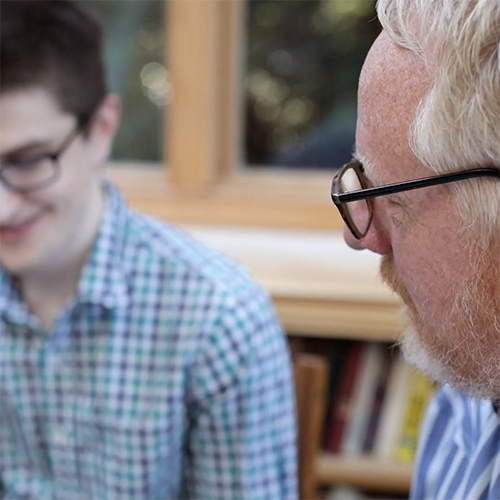How We Work Together
My Six-Step Process
1. I prefer to sit casually with every client, new and old, and have a good regular chat about life plans, family, and taxes. Sometimes a phone call or video chat must suffice. We ask not just how much we can save you in the numbers, but how we can better your lives.
2. Then I prepare a list of data you will need for return preparation, tax correspondence or planning, and an engagement letter to clarify our working relationship.
3. I quietly prepare tax returns, IRS letters, spreadsheets, or plans, and research for specific questions, working slowly but thoroughly.
4. We present the preparation to you for signature, representation or edification and answer questions; I do love questions.
5. E-filing or correspondence then goes forth to put ideas into place which hopefully give you refunds or protect you from unfair taxation.

6. Hopefully you ask questions the whole year ‘round because you see me like the mountain ram on my home: as a wise and broad-minded adviser, whose studies of history, philosophy, psychology, and comparative religions may matter as much as his economics and business law.
We owe the IRS honesty but are not required to audit reasonable client data. No matter the politics, most people want personal taxes as small as is legally permissible. In SSTS 1, the American Institute of Certified Public Accountants tells members to be “an advocate for the client, with a duty to arrive at the legal minimum tax possible in accordance with the applicable standards. The CPA must, however, have a “good faith” belief that a controversial tax position has a “realistic possibility” of prevailing if questioned under audit.”
